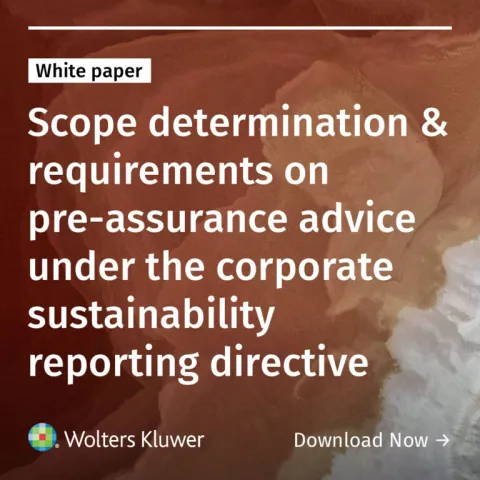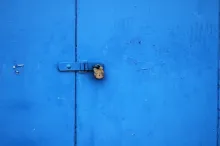Klaus Grabinski and Florence Butin Presidents of the Unified Patent Court
October 21, 2022
Mr Klaus Grabinski from Germany, as President of the Court of Appeal, and Ms Florence Butin from France, as President of the Court of First Instance, will lead the Unified Patent Court.

The court appointed a total of 85 judges, 34 legally qualified judges and 51 technically qualified judges. They will take up their duties as of the entry into force of the UPC Agreement.
The list of all the UPC judges is available on the UPC’s website.
Last week the UPC announced this website will be launched in a remodeled version on 7 November 2022. The link will remain the same.
‘The new website will contain pages which provide relevant information in relation to the Court’s activities, in particular:
- Court locations;
- Registry and Sub-Registries contact information;
- Legal documents of the Court;
- Committees Representatives;
- Any official communication of the Court;
- Current and upcoming vacancies at the Court;
- Information on the Court’s Judges (will be added in November).
Publication of new content will occur during three main phases:
- A first version of the page will go online on November 07, 2022;
- More content will be released during the Sunrise period;
- Another update will follow during the Entry into force period.’
You may also like














Jan Van Hoey
Mr Grabinski was active in the Working Group that wrote the Rules of Procedure (RoP), should there be a rule of seperation of powers that the executive should not write its own rules?
Concerned observer
Whilst the level of excitement seems to be growing in certain circles, I cannot help but wonder the extent to which those circles are paying attention to the views of the "average" patent applicant, and of SME applicants in particular. There is no doubt that, for many patent holders, the UPC will achieve the precise opposite of what its proponents promised to deliver. That is, it will make patent litigation in Europe: i) more complicated (not least by adding a new, completely independent court into the mix of national and EPO instances that will deliver decisions on the provisions of the EPC); ii) far less predictable (with uncertainties, including over the applicable law(s) of infringement, being far too many to mention); iii) harder to manage (in view of the astonishingly short deadlines); and iv) far more expensive for all litigants (except perhaps those that previously would have run multiple, parallel cases in Participating Member States). This is before one even considers uncertainties relating to whether the whole set-up is unlawful / unconstitutional (again, on grounds far too numerous to mention). Thus, whilst I understand the excitement involved in breathing life into a new system, it strikes me that very little attention is being paid to its extremely serious shortcomings. In this regard, whilst I can see that there may have been little choice to do otherwise, the selection of so many judges that will continue their separate employment as patent litigators / attorneys does point to an immediate need for the UPC to establish VERY strict rules governing conflicts of interest. It also begs the question of how the UPC will handle the possibility that certain attorneys / litigators (or their firms) may seek to entice clients by "marketing" their judicial roles. Food for thought indeed.
Patent robot
Who are the judges of the UPC section in London?